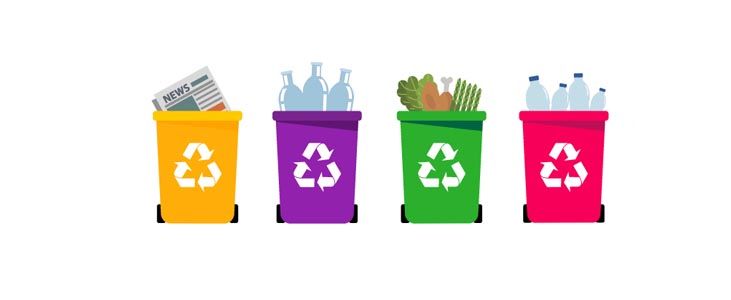Waste Management Requirements And Permits In Texas:
- Facilities for Bioenergy: The meaning of the word “bioenergy” and the status of licenses for bioenergy facilities are given.
- Products of burning coal: CCR is a nonhazardous industrial solid waste made when coal is burned. Landfills and surface impoundments used to get rid of or manage CCR may need to be registered.
- Permissions to remove or add material (Section 401): For projects that need a Section 404 permit from the US Army Corps of Engineers to dump dredged or filled material into US waters, including wetlands, Section 401 certification reviews must be done.
- Dangerous and Industrial Waste: Consultants and candidates have access to many permits, permit requirements, documents, and other resources.
- Medical Glamor: Sharps, samples, and other things that could be dangerous in clinics and other places must be handled, cared for, and thrown away correctly.
- Waste from cities and towns: Links to pages about how cities handle solid waste, how the public can get involved, and how trash must be processed or thrown away.
- Planning for and Reporting on Municipal Solid Waste: There are resources and information to help towns and regions manage municipal solid waste, such as summaries of the types and amounts of municipal solid waste handled each year and the available capacity. Information about closed landfills from the past
- Biological Debris: How Texas wants radioactive waste to be moved and thrown away.
- Waste of tire: Tires are collected, stored, processed, recycled, and thrown away.
- Septic Tanks: OSSFs, which stand for “on-site sewage facilities,” need to be built based on a site analysis that considers what is around the area.
- Sludge-derived wastes: Texas rules about making, moving, or getting rid of sludge or waste.
- Wells for putting things underground: There are rules about drilling and running the wells for injecting liquid wastes or other materials underground or for solution mining of sulfur, salts, or uranium.
Services For Managing Dangerous Waste In Texas
Professionals at waste Management Environmental Group, Inc. prioritize services that are close to home, safe, and effective. Our trash disposal experts in Texas are here to help you with everything you need to know about managing hazardous waste.
Recycling And Getting Rid Of The Trash Are Two Parts Of Managing Waste

In Texas, the fee for living there is $19.82 per month. This price includes recycling at the curb with an 18-gallon bin and service once weekly. You can add an extra cart for $6.61 per month if you want, and Waste Management gives out the carts and bins. Each single-family home gets one cart and one container for recycling.
Please put your cart and recycling container at the curb by 7 a.m. on the collection day. Place the cart three feet from the curb with the wheels facing your house so that the robotic arm of the garbage truck can reach it from the street. Please keep the cart at least two feet away from anything that might get in the way, like a mailbox or a wall.
Do not leave carts or bins by the curb before 6 p.m. the day before your regular pickup. On the collection day, all carts and bins must be removed from the curb before the clock strikes midnight.
All trash must go in the cart, and the cart must be kept closed to keep trash out and keep bugs, rats, and other animals from getting in. The recycling is picked up on Mondays, Tuesdays, and Thursdays every other week.
Recycling should be done using cardboard, paper, plastic bottles, and cans. Reusing food and drinks is not a good idea, and no bags or loose plastic bags will be accepted.
Large Amounts Of Waste:
A big trash pickup is set up every three months. You can bring in furniture, yard waste, appliances that don’t use Freon, bundles of brush no longer than three feet long, and other large items. Garbage that is hard to carry should be put in bundles, crates, or bags. The bulkiest trash can be picked up from one house in one collection is four cubic yards. Batteries, tires, dangerous trash, and liquids that can catch fire are not allowed.
If you can’t bundle tree branches or brush, call Waste Management to find out how much this service will cost. On the day after a holiday, when the trash is picked up, up to three extra bags, boxes, or bundles will be taken away for free. Waste Management will pick up large items for a fee, but you must call them first to make arrangements.

